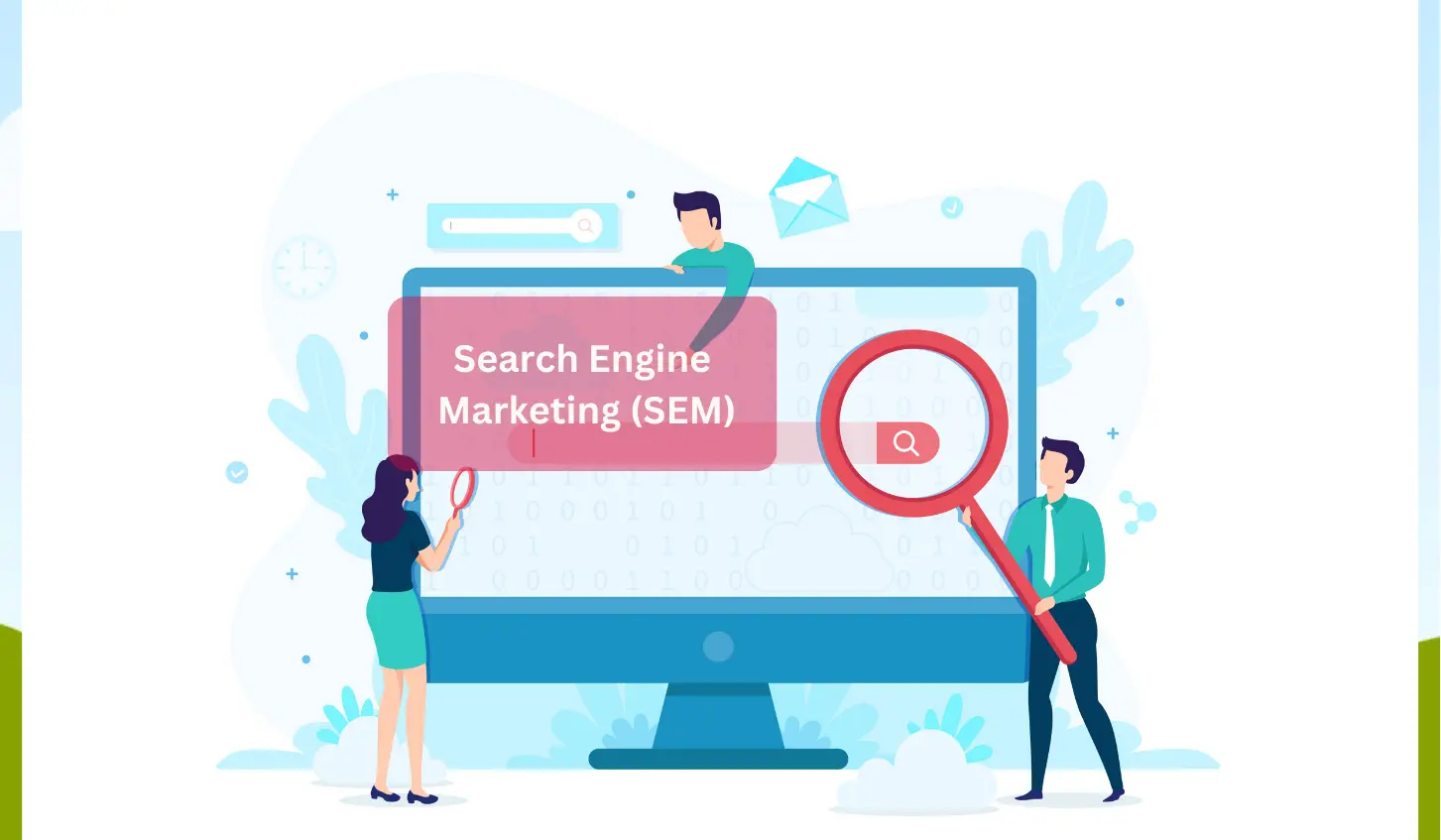Boost Your Business with SEM (Search Engine Marketing)
What does SEM stand for? SEM stands for Search Engine Marketing, which includes techniques like pay-per-click (PPC) advertising and paid search ads that help businesses reach potential customers actively searching for products or services online. SEM ad optimization is key to ensuring these campaigns are effective and yield maximum results.
Why Is Search Engine Marketing Crucial for Success?
Search Engine Marketing is a vital tool for businesses looking to compete in today’s digital marketplace. With millions of searches performed daily, SEM allows brands to connect with their audience at the right time and place. The importance of SEM lies in its ability to drive highly targeted traffic to websites, increase brand awareness, and deliver measurable results. Leveraging search engine marketing intelligence enables marketers to identify trends, optimize campaigns, and stay ahead of the competition.
Understanding How Search Engine Marketing Works
At its core, SEM involves bidding on keywords relevant to your business so your ads appear in sponsored sections of search engine results. When users click on these ads, they’re directed to your website or landing page. This is why SEM ad optimization is crucial—you want to ensure that your ads are not only seen but also clicked by the right audience. Effective SEM campaigns rely on:
- Conducting thorough keyword research, including high-performing terms like “what does SEM stand for”
- Crafting compelling ad copy that resonates with your target audience
- Monitoring and adjusting bids to maximize ROI
Top Search Ad Networks You Should Know
Several search ad networks dominate the SEM landscape, offering businesses platforms to launch and manage their campaigns effectively. These include:
- Google Ads: The most popular search ad network, providing access to billions of users worldwide.
- Microsoft Advertising: Targets Bing and Yahoo users, often at a lower cost than Google.
- Amazon Ads: Ideal for e-commerce businesses looking to reach shoppers directly.
- YouTube Ads: A platform to showcase video content alongside search results.
7 Steps to Building a Winning SEM Strategy
Creating a successful SEM strategy involves careful planning and execution. Follow these steps:
- Define Clear Goals: Determine what you want to achieve, such as increased traffic, leads, or sales.
- Conduct Keyword Research: Use tools to find high-traffic and low-competition keywords like “search engine marketing” and “what does SEM stand for.”
- Set a Budget: Allocate funds to campaigns based on your goals and expected ROI.
- Craft Compelling Ads: Focus on engaging headlines and persuasive calls-to-action.
- Use Targeting Options: Leverage geo-targeting, device targeting, and audience segmentation.
- Monitor Performance: Analyze metrics such as click-through rates (CTR) and conversion rates.
- Optimize Continuously: Employ SEM ad optimization techniques like A/B testing to improve results over time.
The Role of A/B Testing in Enhancing SEM Performance
A/B testing is an essential component of any SEM strategy. By comparing two variations of an ad, you can determine which performs better and refine your campaigns. For instance, you might test different headlines or call-to-action phrases to see which drives higher click-through rates. Incorporating search engine marketing intelligence into your A/B testing process allows for data-driven decisions that enhance campaign performance.
In conclusion, Search Engine Marketing is a powerful tool for businesses aiming to grow their online presence. By understanding what SEM stands for, focusing on SEM ad optimization, and leveraging search engine marketing intelligence, you can create campaigns that deliver impressive results. Start implementing these strategies today and watch your business thrive.
Conclusion:
Search Engine Marketing (SEM) is a powerful tool for businesses aiming to enhance their online visibility and drive targeted traffic to their websites. By leveraging SEM techniques such as pay-per-click (PPC) advertising and search engine optimization, businesses can connect with potential customers at the right time and place. Optimizing SEM campaigns through keyword research, compelling ad copy, and continuous performance monitoring is key to success. With the right strategies in place, businesses can effectively boost their online presence, increase brand awareness, and achieve measurable results.
In addition to the insights shared, Global Marketing Firm offers expert Search Engine Marketing (SEM) services to help your business grow online. We specialize in PPC advertising, keyword research, and ad optimization strategies to drive targeted traffic and increase your brand’s visibility. Our team leverages advanced SEM tools and techniques to craft customized campaigns that deliver real results. Whether you’re looking to boost sales, generate leads, or improve brand awareness, we’re here to guide you every step of the way. Contact us today to get started and take your online presence to the next level!
FAQs
What is Search Engine Marketing (SEM)?
SEM involves strategies like pay-per-click (PPC) advertising and paid search ads that help businesses attract potential customers by appearing in search engine results.
Why is SEM important for businesses?
SEM allows businesses to drive targeted traffic, increase brand visibility, and generate measurable leads and sales, which is critical for success in the digital marketplace.
How does SEM work?
SEM works by bidding on relevant keywords so that ads appear in search engine results. Users who click on these ads are directed to your website or landing page, helping businesses reach a highly targeted audience.
What are the top SEM platforms?
Popular SEM platforms include Google Ads, Microsoft Advertising, Amazon Ads, and YouTube Ads, each catering to different audiences and offering unique benefits.
What is A/B testing in SEM?
A/B testing involves creating two variations of an ad to test which performs better. This helps refine SEM strategies by identifying the most effective ad components, such as headlines or calls to action.



